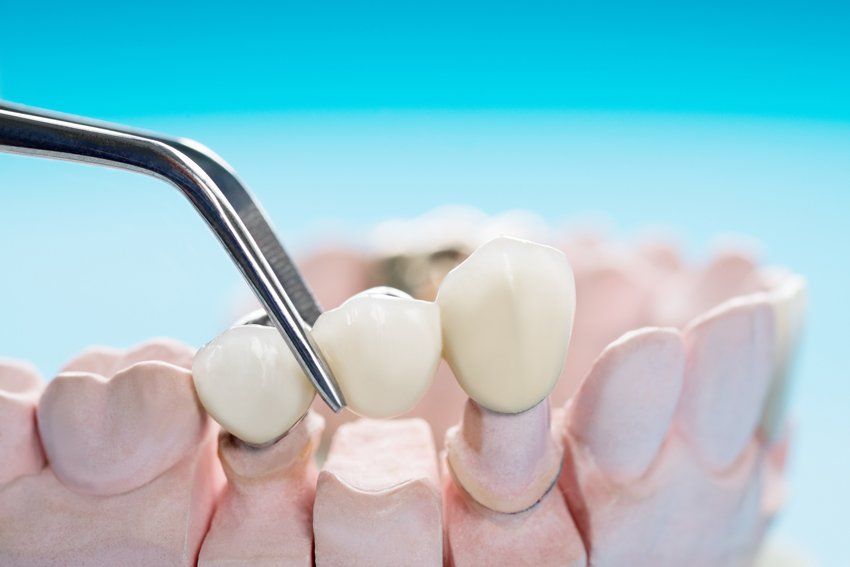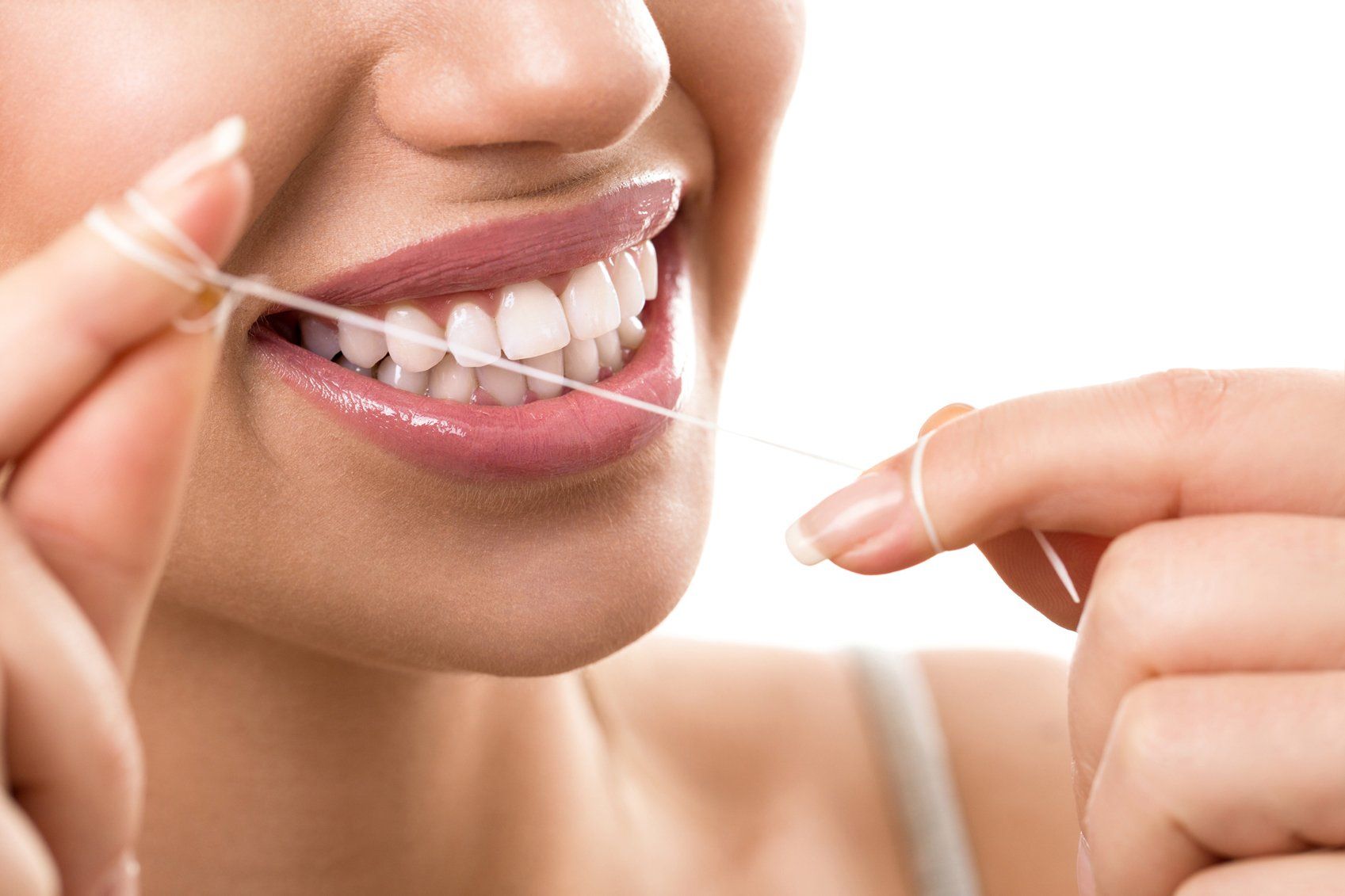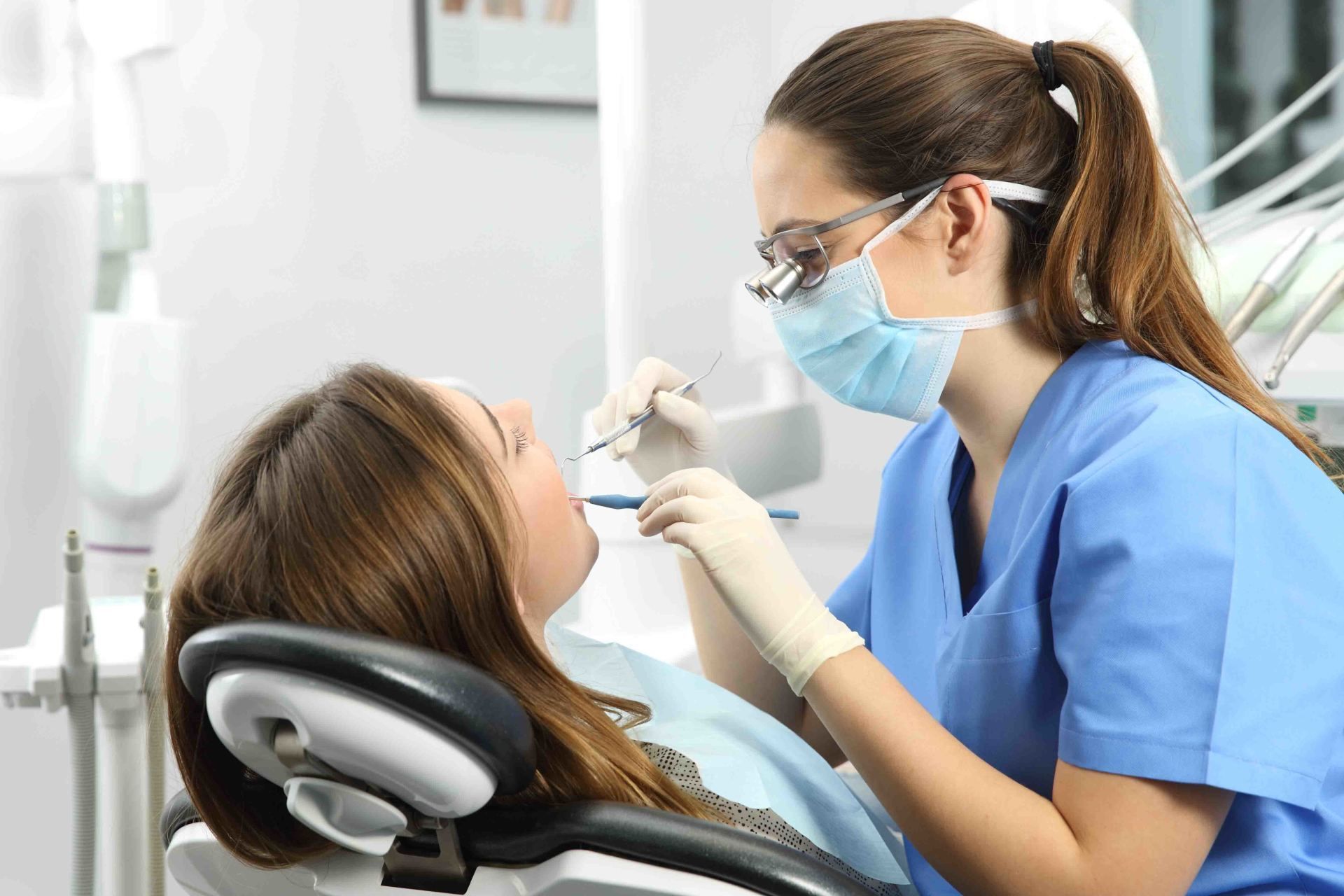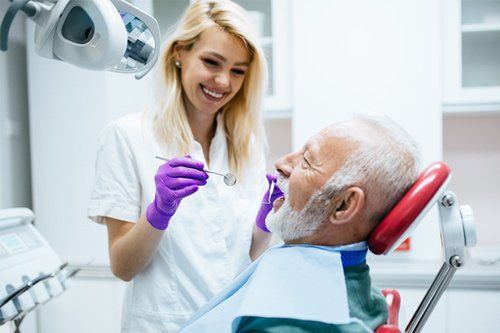Emily Daniel D.D.S.
Emily Daniel, D.D.S.
Dentist or ER? What to Know Before a Dental Emergency
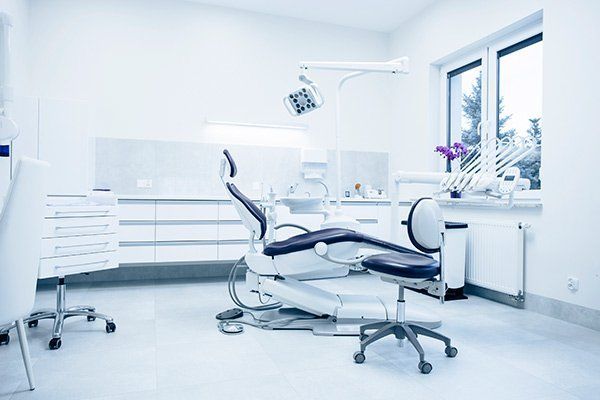
Sudden and serious mouth pain can ruin your day. What should you do when a dental dilemma gets serious? Before you rush to the emergency room, take a look at why you should visit the dentist instead and what you can do to prevent a similar situation from happening again.
How Many Dental Patients Visit the ER?
What Are the Disadvantages of Going to the ER for Dental?
What Are the Advantages of Going to the Dentist?
When Should You Choose an ER for Dental Problems?
In some cases, an ER is the appropriate emergency treatment option. A serious jaw injury, a possible broken jaw/facial bone, an oral infection that causes a high fever, or other severe systemic symptoms, or other similar issues may require immediate treatment from an emergency room. If you're unsure whether to go to the ER, contact your dental or medical provider immediately.
How Can You Prevent Emergency Dental Visits?
CONTACT INFORMATION
Phone: (919) 734-4716
Address: 2300 Wayne Memorial Dr., Suite D, Goldsboro, NC 27534
BUSINESS HOURS
Monday - Thursday: 8:30 AM - 5:30 PM
Friday: By Appointment
Saturday - Sunday: Closed



OUR LOCATION
